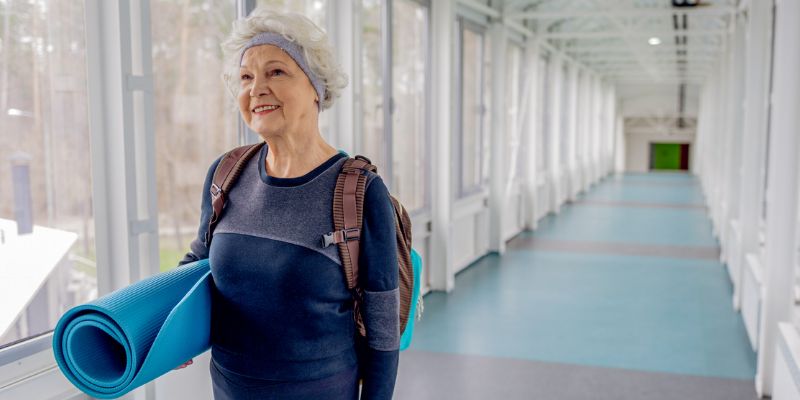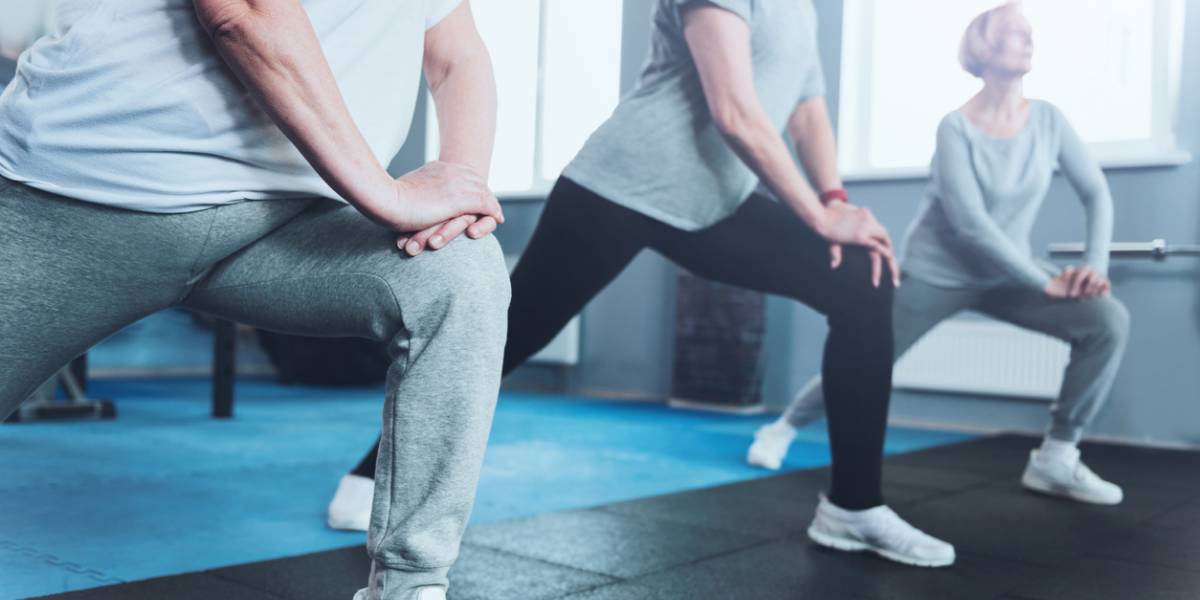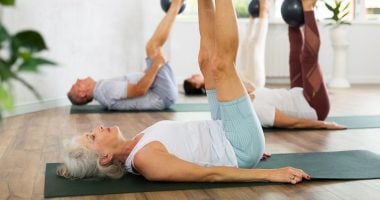Physical activity is the best treatment option for people with arthritis, according to the latest clinical guidance.
The National Institute for Health and Care Excellence (NICE) has said that exercising is more effective than painkillers when it comes to reducing osteoarthritis-related pain.
According to NICE, referring individuals with arthritis onto an exercise programme could save the NHS billions of pounds by reducing the number of clinical prescriptions.
In the UK, more than 10 million individuals have arthritis, with osteoarthritis making up 8.5 million of these cases.
- Arthritis drug could help prevent type 1 diabetes progression
- Rheumatoid arthritis drug found to help children with type 1
Each year, the NHS spends £10 billion on arthritis-related problems, with the majority of people with the condition taking prescribed painkillers to ease the pain.
Within the new recommendations, guidance is available on when to offer non-steroidal anti-inflammatory drugs (NSAIDs). There is no advice on paracetamol or strong opioids.
Dr Paul Chrisp, from NICE, said: “This is because new evidence has shown there was little or no benefit to people’s quality of life, pain or psychological distress and particularly in the case of strong opioids, there was evidence that they can cause harm in the longer term, including possible addiction.”
Healthcare professionals are now advised to independently diagnose osteoarthritis amongst individuals aged 45 or over rather than carrying out further examinations.
The guidance states: “Doing regular and consistent exercise, even though this may initially cause discomfort, will be beneficial for their joints. Exercising in the long-term also increases its benefits.”
“Osteoarthritis can cause people discomfort and prevent them from undertaking some of their normal daily activities,” said Dr Chrisp.
He added: “However, there is evidence which shows muscle strengthening and aerobic exercise can have an impact on not just managing the condition, but also providing people with an improved quality of life.
“Beginning that journey can be uncomfortable for some people at first, and they should be supported and provided with enough information to help them to manage their condition over a long period of time.”
He concluded: “Whilst topical and sometimes oral NSAIDs remain an important treatment option for osteoarthritis, we have taken the decision to not recommend some painkillers, such as paracetamol and some opioids for osteoarthritis.”
- Only one in 20 adults in England follow NHS exercise recommendations, study finds
- Regular exercise boosts memory in older adults
Tracey Loftis, from the charity Versus Arthritis, said: “We’ve seen first-hand the benefits that people with osteoarthritis can get in being able to access appropriate physical activity, especially when in a group-setting.
“Something like exercise can improve a person’s mobility, help manage their pain and reduce feelings of isolation. But our own research into the support given to people with osteoarthritis showed that far too many do not have their conditions regularly reviewed by healthcare professionals, and even fewer had the opportunity to access physical activity support.”
She added: “The lack of alternatives means that, in many cases, people are stuck on painkillers that are not helping them to live a life free from pain.
“While we welcome the draft NICE guidelines, healthcare professionals need further resources and support to better understand their role in promoting treatment like physical activity for people with osteoarthrosis.
“There is clearly a need for people with arthritis to be given a bigger voice so that their health needs are not ignored.”







